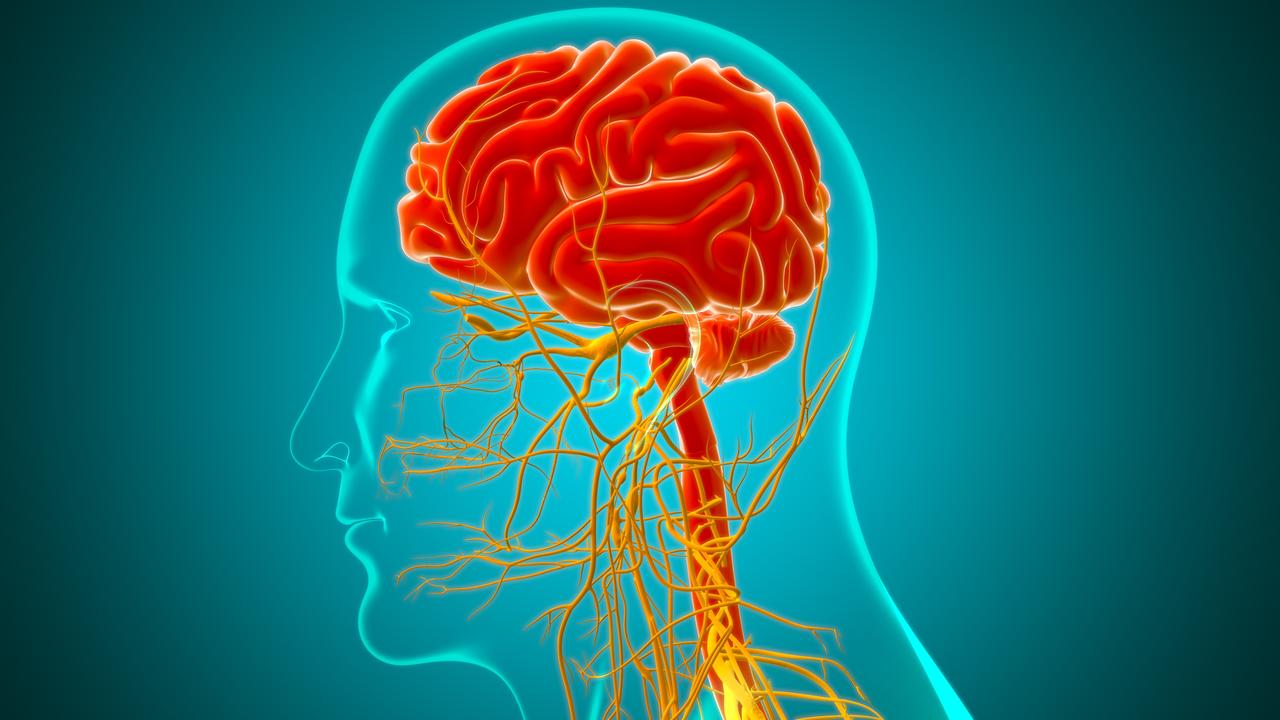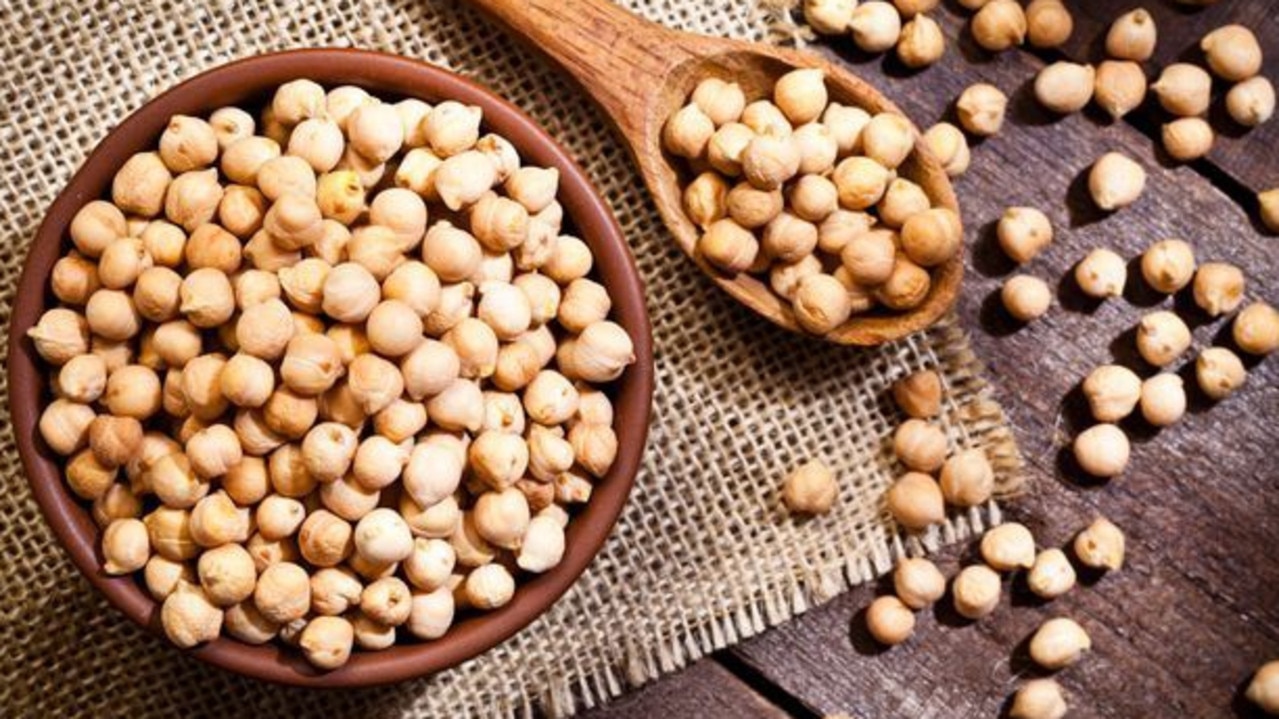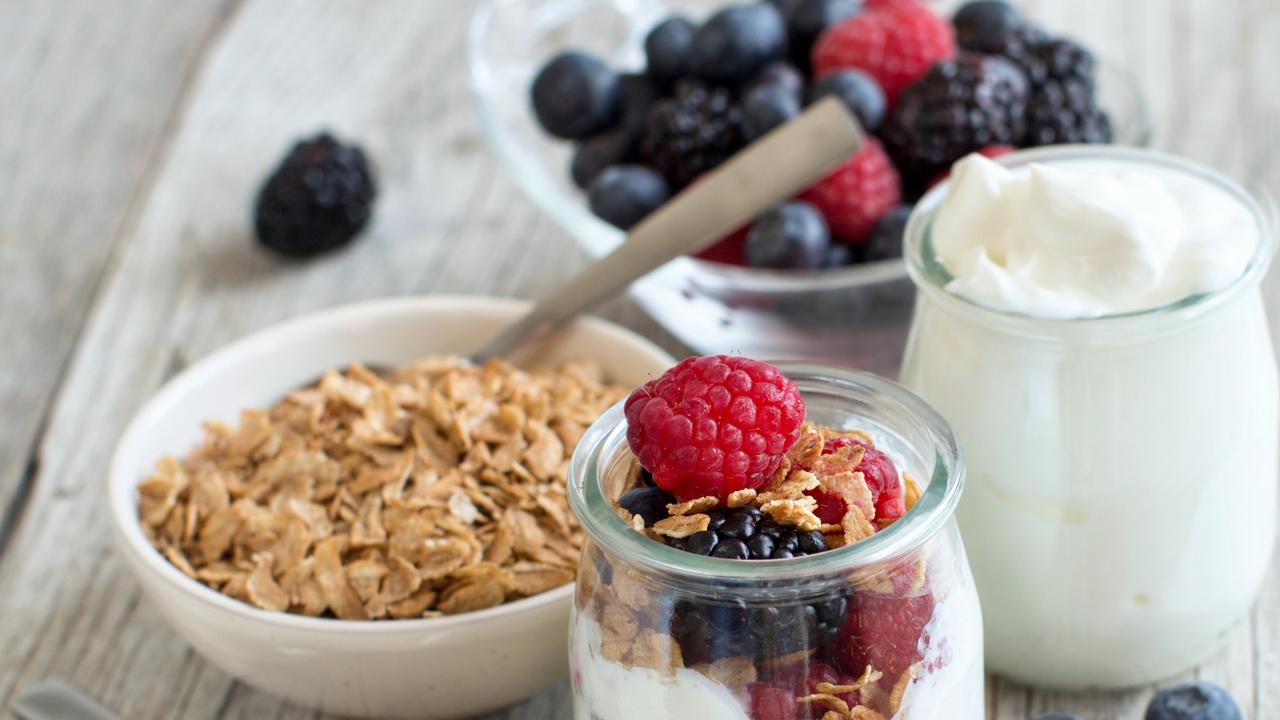Doctor Zac reveals the truth about why we get ‘hangry’
Ever felt like you could tear someone’s head off, just because you missed lunch? A doctor has explained the surprising reason why.

Welcome to Ask Doctor Zac, a weekly column from news.com.au. This week, Dr Zac Turner explains why people get “hangry”.
QUESTION: Hi Dr Zac, I’m writing on behalf of my girlfriend who’s been absolutely intolerable to live with ever since she started going on a restrictive food diet to lose weight. She restricts her food intake and it really reflects in her personality. It seems everything I do sets her off, from my breathing to how I chew my food. she works in customer sales and even her boss gave her a warning the other day. Is this a classic case of her being hangry and is that actually a thing? Please help. – Corey, 32, Adelaide Hills, South Australia
ANSWER: Hi Corey, great question. Let’s dive headfirst into what’s really happening here. Ever felt like you could tear someone’s head off, just because you missed lunch? Welcome to the world of “hanger” – a delightful blend of hunger and anger that can turn even the nicest person into a bit of a monster.
As a doctor, let me assure you: it’s not just in your head. It’s in your gut, too.
Let’s look into the science of why your stomach growling can turn into you growling, and how you can keep your inner beast at bay.

The gut-brain axis: Your gut’s got some serious nerve
So, what makes hunger flip the switch from “I could eat” to “I could fight”?
It all boils down to the gut-brain axis – a busy communication line between your gut (often dubbed the “second brain”) and your actual brain. Picture it like a constant stream of texts between two friends: your gut keeps your brain updated on what’s happening down there, and your brain responds with orders like, “Time for lunch” or “Better release some digestive juices”,
This communication happens via the vagus nerve, a direct hotline from your gut to your brain. When your stomach starts to empty, it sends a signal up this nerve saying, “Hey, I’m hungry”.
But when you don’t respond fast enough – maybe you’re stuck in traffic or on a long Zoom call – those signals get more insistent.
That’s when your brain decides to sound the alarm and emotions start getting involved.
Serotonin: Your gut’s secret mood regulator
One of the key players in this whole drama is serotonin.
You might know serotonin as the “feel-good” chemical in your brain, but did you know about 90 per cent of it is actually produced in your gut? That’s right, your gut is practically running the serotonin factory. And when it’s running low on fuel (ie food), things can get messy.
When you’re well fed, your gut churns out a steady supply of serotonin, keeping you in a good mood. But skip a meal, and that serotonin production starts to falter.
Without enough serotonin, your brain can become a bit like a toddler who’s missed nap time – irritable, cranky and just a little bit irrational. This is why, when your stomach’s empty, it’s easier to snap at your mate for chewing too loudly, your partner for breathing too loudly, or feel like the world is out to get you.

Blood sugar: The rollercoaster you didn’t ask for
But that’s not all. Let’s talk blood sugar.
Your brain runs on glucose, which is essentially sugar derived from the food you eat.
When you’re hungry, your blood sugar drops and so does your brain’s energy supply. It’s like trying to run your smartphone on 1 per cent battery – things just don’t work as smoothly. Your brain starts to struggle with decision-making, impulse control and – you guessed it – emotions.
Low blood sugar can trigger a release of stress hormones like cortisol and adrenaline. Now you’ve got a double whammy: low serotonin and a spike in stress hormones. It’s no wonder you feel like snapping at whoever’s standing between you and the nearest snack.
Gut-brain drama: It’s not just you, it’s science
There’s even more science behind this mood-swinging phenomenon.
A study published in Nature Reviews Neuroscience showed that when the gut sends distress signals (like “I’m starving”) to the brain, it can directly influence mood regulation and stress responses.
Another study in Cell highlighted how disruptions in gut health can lead to changes in mood and behaviour, showing just how tightly our brains and bellies are intertwined.
So, next time you find yourself getting unreasonably annoyed because you’ve skipped brekkie, you can blame it on the gut-brain axis. It’s not your fault, it’s just biology being a little dramatic.

The hangry cure: Top five foods to tame the beast
Now that you know the science behind hanger, let’s talk solutions.
To keep your inner Hulk from breaking loose, you need foods that keep your blood sugar stable and serotonin levels steady.
Here are the five best foods to keep you feeling full, calm, and balanced.
1. Crunchy veggies: Carrots, celery, cucumber, capsicum, cauliflower
These veggies are high in insoluble fibre, which helps keep you feeling full longer by slowing digestion. Plus, they’re easy to grab and go. Prep a bag of these at the start of the week and munch on them throughout the day to stave off hunger pangs.
A study in The Journal of Nutrition suggests that a diet rich in fibre helps stabilise mood by promoting a healthy gut environment. And let’s face it – crunching on carrots or celery is way more satisfying than snapping at your colleagues.
2. Chickpeas
High in both protein and fibre, chickpeas are a double whammy against hanger. Protein helps stabilise blood sugar levels, while the fibre keeps your digestive system humming along. Research in Frontiers in Nutrition shows that chickpeas support a healthy gut microbiome, which can further boost serotonin production. Hummus, anyone?

3. Greek yoghurt
Greek yoghurt is a protein powerhouse that can keep hunger pangs at bay. The protein content helps regulate appetite, while probiotics support gut health, enhancing that all-important gut-brain communication.
A study in Biological Psychiatry even suggests that probiotics can help improve mood, making Greek yoghurt a great snack for both your gut and your mind.
4. Berries
Berries like blueberries, strawberries and raspberries are high in antioxidants and fibre, which can help combat inflammation and keep you feeling full. The fibre content helps stabilise blood sugar levels, preventing those spikes and crashes that make you feel irritable.
Research in Nutrients highlights how the polyphenols in berries support a balanced gut microbiome, which in turn can help keep your mood steady.

5. Almonds (not the ‘milk’ sort)
Almonds are rich in protein, healthy fats, and magnesium – a mineral that helps regulate serotonin production. They’re the perfect snack to keep in your bag for when you feel that hanger creeping up.
A study in The American Journal of Clinical Nutrition found that regular consumption of almonds can help stabilise blood sugar levels, making them an ideal choice to keep you calm and collected.
While eating the right foods can definitely help keep hanger at bay, don’t forget about the other factors, like managing stress and getting enough sleep. Chronic stress can throw your gut-brain axis off balance, making those hunger signals even more intense. And poor sleep can disrupt your gut health, leading to more mood swings and cravings.
So, the next time you feel the hanger monster lurking, take a deep breath, reach for a protein-packed snack or a crunchy veggie and remember: it’s not just you, it’s your gut trying to send a message.
Feed it well, and you might just find that your mood stays as steady as your favourite playlist.
Got a question? Email askdrzac@conciergedoctors.com.au
Follow Dr Zac on Instagram
Dr Zac Turner is a medical practitioner specialising in preventive health and wellness. He has four health/medical degrees – Bachelor of Medicine/Bachelor of Surgery at the University of Sydney, Bachelor of Nursing at Central Queensland University, and Bachelor of Biomedical Science at the University of the Sunshine Coast. He is a registrar for the Australian College of Rural and Remote Medicine, and is completing a PhD in Biomedical Engineering (UNSW). Dr Zac is the medical director for his own holistic wellness medical clinics throughout Australia, Concierge Doctors.






